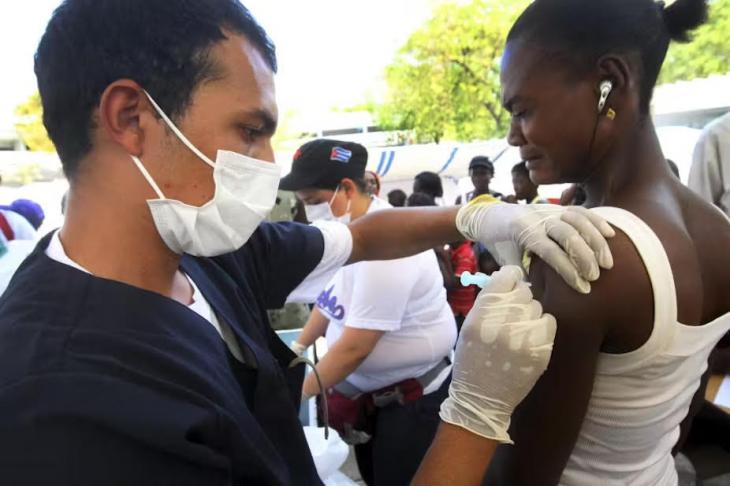
A Blend of Altruism and Economics
Diplomacy in Disguise?
Cuba’s missions are not merely acts of goodwill—they are also soft power tools, helping improve relations with host nations while showcasing the Cuban revolution’s commitment to health equity. In many remote or underserved regions, the presence of Cuban doctors is the first and only access to healthcare locals have ever known.
They’ve become revered figures, sometimes referred to as “angels in white coats.”

Trained for the World
Cuba’s investment in free, high-quality education has produced one of the best doctor-to-patient ratios globally. The Latin American School of Medicine (ELAM) in Havana trains not only Cubans, but also international students from low-income nations—completely free of charge.
Doctors are taught not only medicine, but also solidarity, language skills, and cultural sensitivity. They’re prepared to work in jungles, deserts, urban slums, or mountain villages.
A Legacy of Quiet Heroes
Despite the politics, the economics, and the controversies, one truth remains: Cuban doctors have saved countless livesacross the globe. They’ve delivered babies in the dark. They’ve stitched wounds in war zones. They’ve comforted the dying in places no one else would go.
They are the unsung diplomats of the Caribbean.




